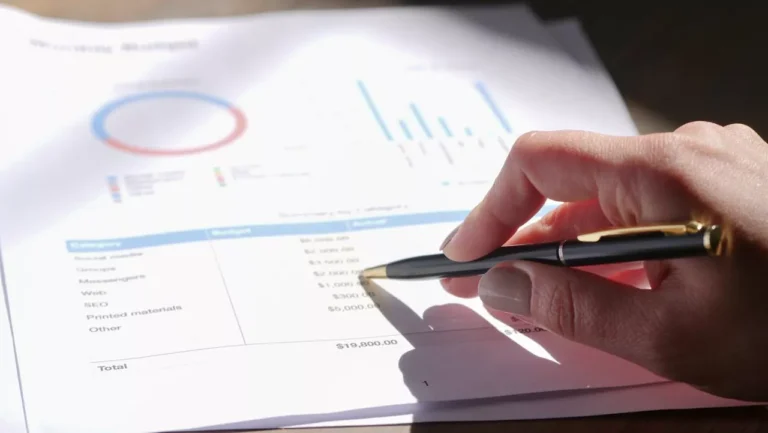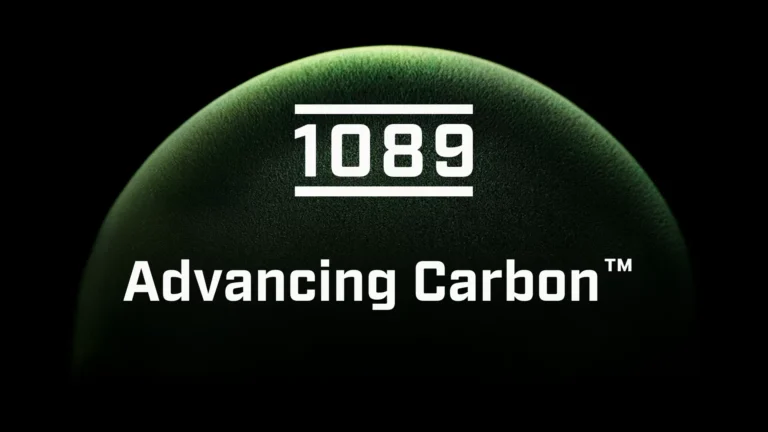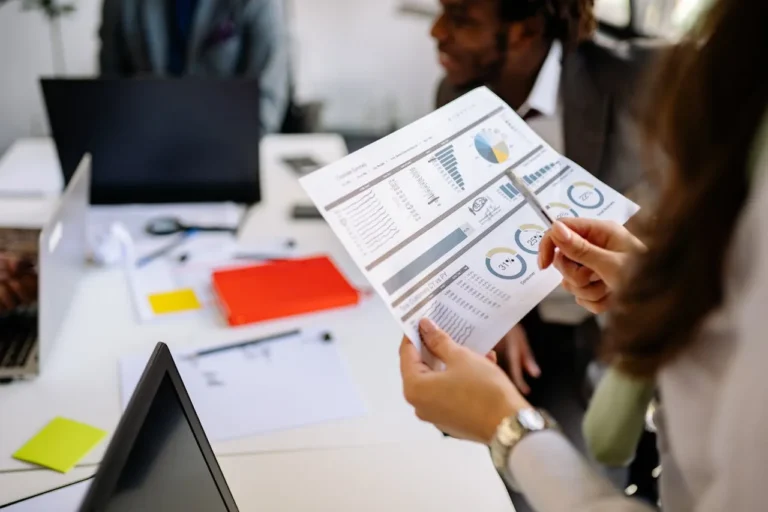
Anaergia Expands Techbau Partnership to Deliver More Biomethane Facilities in Italy
Anaergia Inc. (TSX: ANRG), a global leader in sustainable waste-to-energy technologies, has announced an expansion of its partnership with Italian engineering and construction company Techbau S.p.A. Through its Italian subsidiary Anaergia S.r.l., the company has signed a revised contract with Techbau to construct two additional anaerobic digestion facilities in Italy. This agreement builds on the collaboration announced on April 2, 2025, increasing the total number of biomethane facilities Anaergia will deliver to Techbau from five to seven.
Under the terms of the expanded agreement, Anaergia S.r.l. will provide advanced equipment for the anaerobic digestion and biomethane production processes at each plant. Techbau, acting as the general contractor, will manage the engineering, procurement, and construction (EPC) of the sites. The new facilities, strategically distributed across Southern Italy, are designed to process organic waste—primarily agricultural residues and food processing byproducts—into renewable biomethane.
These initiatives play a significant role in advancing Italy’s energy transition strategy, aligning with national and EU-wide goals for decarbonization and renewable energy adoption. Once completed, all seven facilities will inject renewable biomethane directly into the Italian national gas pipeline system. The plants are expected to be fully operational by mid-2026.
Anaergia estimates the two additional projects will contribute an incremental C$9.2 million in revenue, bringing the total revenue from the seven-facility agreement with Techbau to more than C$36 million.
According to Assaf Onn, Chief Executive Officer of Anaergia, the expansion represents more than just a financial milestone. “Anaergia has developed a unique combination of experience and expertise, enabling us to effectively meet our clients’ needs within efficient timeframes,” said Onn. “However, we are particularly gratified that this increase in the number of projects we are working on for Techbau also demonstrates the positive relationship and the high level of trust between our companies.”
Delivering Renewable Gas Infrastructure for a Sustainable Future
Italy is increasingly focused on accelerating its deployment of renewable energy sources, particularly renewable gases like biomethane. Anaergia’s proprietary technologies—centered around advanced anaerobic digestion, biogas upgrading, and organic waste processing—play a key role in enabling this transition. The company’s systems convert complex organic waste streams into high-quality biogas, which is then upgraded to biomethane and injected into gas networks, used as transportation fuel, or utilized for heating.
Each of the seven facilities will leverage Anaergia’s cutting-edge digestion and gas upgrading systems, known for their high efficiency, modular design, and integration flexibility. These systems are engineered to process a wide range of feedstocks, including food scraps, manure, crop residues, and food and beverage processing waste—transforming them into renewable energy and valuable byproducts like nutrient-rich digestate, which can be used as fertilizer.
This model of energy recovery from organic waste supports the principles of the circular economy and reduces reliance on fossil fuels. It also minimizes greenhouse gas emissions associated with conventional waste disposal methods like landfilling or open-air decomposition.
Strategic Collaboration for Scalable Impact
The continued collaboration between Anaergia and Techbau represents a powerful convergence of technical innovation and infrastructure execution. Techbau, with its decades of experience in executing complex industrial and infrastructure projects across Europe, complements Anaergia’s specialized focus on environmental technologies and renewable energy systems.
By combining forces, the two companies are accelerating the construction of sustainable infrastructure at scale, directly contributing to Italy’s climate commitments and helping the country meet European Union Renewable Energy Directive (RED II) targets. These include a mandate for at least 32% of final energy consumption to come from renewable sources by 2030.
Moreover, these projects also support the objectives of Italy’s National Recovery and Resilience Plan (NRRP), which allocates significant EU funds toward decarbonization, waste valorization, and the development of a circular economy. Biomethane, given its compatibility with existing gas infrastructure and its lower lifecycle emissions, is a key component of this strategy.
A Growing Market Opportunity
Anaergia’s expanded engagement with Techbau signals growing momentum in the European biomethane market, particularly in Italy where regulatory support and financial incentives for renewable gas development are increasingly robust. As one of the top biomethane markets in Europe, Italy has seen a surge in investment in recent years, driven by rising energy security concerns, high natural gas prices, and national climate goals.
This growth trajectory positions Anaergia to further scale its operations across the region. The company’s technology is already deployed in dozens of facilities globally, from North America to Europe and Asia, and its continued success in Italy underscores its ability to adapt solutions to different markets and regulatory environments.
With all seven facilities scheduled for completion and commissioning by mid-2026, Anaergia is poised to deliver a significant contribution to Italy’s renewable energy capacity. In addition to the expected financial returns from the C$36 million contract value, these projects are expected to reduce methane emissions, lower Italy’s dependence on fossil gas imports, and create new economic opportunities in rural regions through the development of sustainable infrastructure.
Anaergia’s leadership views the partnership with Techbau not only as a commercial win but as a validation of its long-term strategy: combining innovation in waste conversion with strategic collaborations to deliver scalable, impactful climate solutions.
“Our vision is to help the world become more sustainable by transforming waste into renewable resources,” said Onn. “The expansion of our work with Techbau shows how shared goals and trust can turn that vision into a tangible reality—plant by plant, project by project.”







